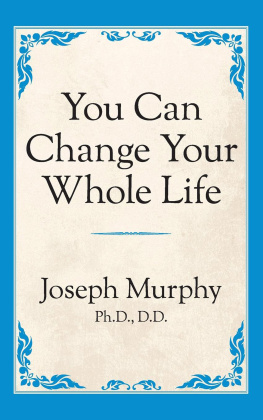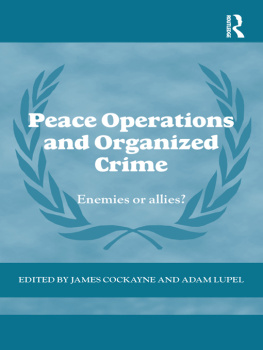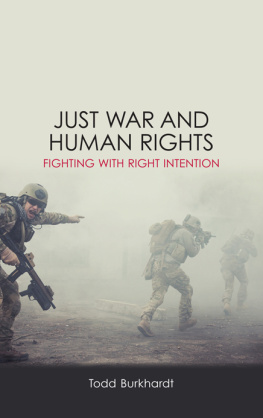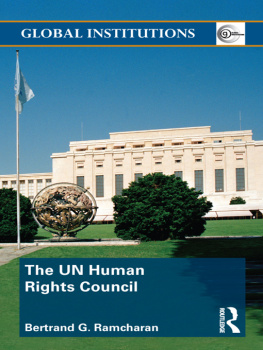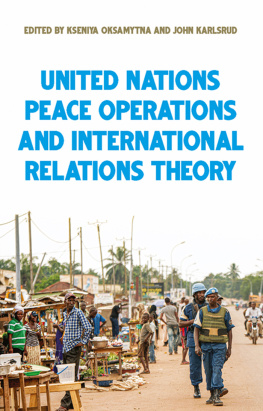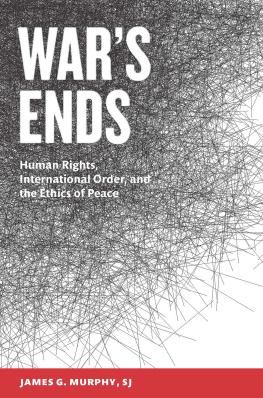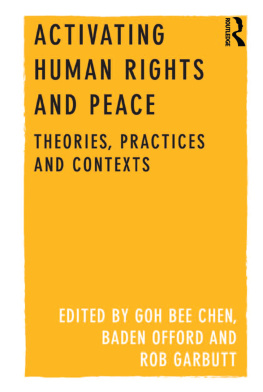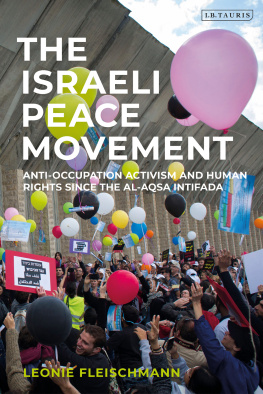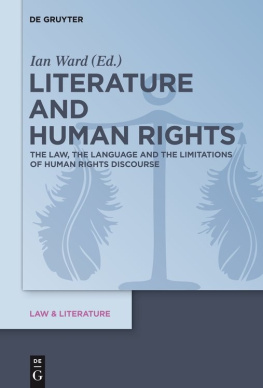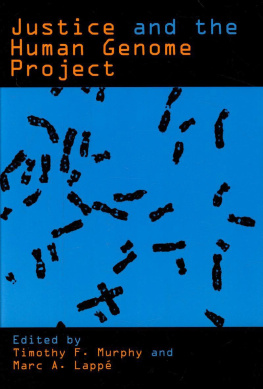
Peace Operations and Human Rights
The protection and promotion of human rights has been an integral part of contemporary peace operations since the end of the Cold War. Consequently, international peacekeeping has developed into a new tool for the enhancement of human rights protection alongside existing international and regional human rights machinery.
These developments pose unprecedented challenges at the political, legal and operational levels of international peacekeeping. From a political point of view, human rights are often perceived as inimical to reconciliation and peace-building and, as a consequence, sidelined for immediate political compromises. From a legal point of view, the lack of supervisory mechanisms of the UN, the uncertainty of legal responsibility of international organizations and the difficulty of ensuring criminal responsibility of peacekeepers raise serious concerns relating to impunity and accountability. From an operational point of view, the difficulty of translating international human rights standards into practice remains a main challenge in post-conflict environments. To this aim, close and collegial working relationships are required between civilian and military peacekeepers which presupposes mutual understanding and knowledge of human rights standards.
Peace Operations and Human Rights seeks to address these and other unresolved issues concerning human rights protection in peace operations.
This book was previously published as a special issue of International Peacekeeping
Ray Murphy is a senior lecturer at the Irish Centre for Human Rights, Faculty of Law, National University of Ireland, Galway. He lectures in International Peace Support Operations and International Humanitarian Law.
Katarina Mnsson is a doctoral fellow at the Irish Centre for Human Rights where she is pursuing a doctorate on the theme of integration of human rights in peace operations.
This publication was grant-aided by the Publications Fund of National University of Ireland, Galway.
Peace Operations and Human Rights
Edited by
RAY MURPHY and KATARINA MNSSON
First published 2008 by Routledge
2 Park Square, Milton Park, Abingdon, Oxon, OX14 4RN
Simultaneously published in the USA and Canada
by Routledge
270 Madison Ave, New York NY 10016
Routledge is an imprint of the Taylor & Francis Group, an informa business
Transferred to Digital Printing 2009
2008 Ray Murphy and Katarina Mnsson
Typeset in Sabon by Techset Composition, Salisbury, UK
All rights reserved. No part of this book may be reprinted or reproduced or utilised in any form or by any electronic, mechanical, or other means, now known or hereafter invented, including photocopying and recording, or in any information storage or retrieval system, without permission in writing from the publishers.
British Library Cataloguing in Publication Data
A catalogue record for this book is available from the British Library
ISBN 10: 0-415-39489-9 (hbk)
ISBN 10: 0-415-49575-X (pbk)
ISBN 13: 978-0-415-39489-5 (hbk)
ISBN 13: 978-0-415-49575-2 (pbk)
Contents
Ray Murphy and Katarina Mnsson
Todd Howland
Siobhan Wills
Clive Baldwin
D. Christopher Decker
Vivienne OConnor
Ray Murphy
Katarina Mnsson
Hadewych Hazelzet
Hurst Hannum
Bertrand G. Ramcharan
Peacekeeping Mission Updates, JanuaryMarch 2006
Communiqu of the African Union Peace and Security Council, 46th Meeting, Addis Ababa, Ethiopia, 10 March 2006
Ray Murphy is a senior lecturer in law at the Irish Centre for Human Rights, National University of Ireland, Galway. He is also on the faculty of the Pearson Peacekeeping Centre, the International Institute for Criminal Investigations and the International Institute of Humanitarian Law, San Remo, Italy. He is a former captain in the Irish Defence Forces, and he served as an infantry officer with the Irish contingent of UNIFIL in Lebanon in 1981/82 and again in 1989. He has field experience with the OSCE in Bosnia in 1996 and 1997, and has also worked on short assignments in west and southern Africa and the Middle East for Amnesty International, the European Union and the Irish Government.
Katarina Mnsson is a doctoral fellow at the Irish Centre for Human Rights, researching for a PhD on the integration of human rights in UN peace operations. She holds a Masters degree in political science, Lund University, Sweden and a European Masters Degree in Human Rights and Democratization. She has work experience from the United Nations Office of the High Commissioner for Human Rights, the Raoul Wallenberg Institute of Human Rights and Humanitarian Law, diplomatic missions in Geneva and New York, and as a journalist.
Todd Howland is a human rights lawyer and serves as a Legal Advisor to the Humanitarian Law Project in Los Angeles, California. He directed the Robert F. Kennedy Memorial Center for Human Rights, an organization that partners with human rights advocates around the world, including a right to health advocate in Haiti (20012006). With the UN High Commissioner for Human Rights, he worked in the context of peacekeeping operations in Angola (19982001) and Rwanda (199496). He has also worked with NGOs including the Carter Center in Ethiopia (199294) and El Rescate related to El Salvador (198792).
Siobhan Wills has an LLM from Yale and is currently completing her doctorate, on the legal responsibilities of multi-national forces engaged in peace support, at Exeter College, Oxford University, where she is a graduate teaching assistant for the law faculty.
Clive Baldwin is head of international advocacy at Minority Rights Group International, London. He worked as Coordinator of Analysis and Reporting in the OSCE Mission in Kosovo from 2000 to 2002. He is a human rights lawyer and previously practised in London, New York and Atlanta. His most recent publication includes Minorities in Kosovo under International Rule (Minority Rights Group, 2006).
D. Christopher Decker is the Chief of the Security Issues Section in the Department of Human Rights and Rule of Law for the Organization for Security and Co-operation in Europes (OSCE) Mission in Kosovo. He is also an occasional lecturer at the International Institute of Humanitarian Law in San Remo, Italy.
Vivienne OConnor is the rule of law project officer at the Irish Centre for Human Rights, and the Co-Director of the Model Codes for Post-Conflict Criminal Justice Project. She is also an adjunct lecturer at the University of Melbourne School of Law. She holds an LLM in international human rights law and is currently completing a PhD in international human rights law focusing on the rule of law and criminal law reform in post-conflict states.
Hadewych Hazelzet works as an EU official at the General Secretariat of the Council of the European Union, Directorate General for External and Politico-Military Relations, where she was most recently desk officer for EU human rights policy. She obtained her doctoral degree from the European University Institute in San Domenico di Fiesole, Italy.
Hurst Hannum is professor of public law at the University of Hong Kong and professor of international law at the Fletcher School of Law and Diplomacy, Tufts University. He has served as a consultant to the United Nations on issues ranging from minority rights to the situations in Afghanistan, East Timor and the Western Sahara. Among his recent publications are




